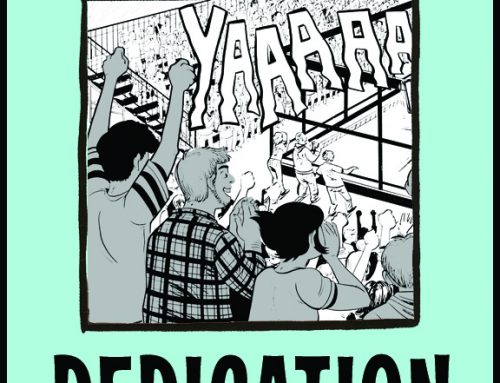test heading
(from the OSU Special Collections and Archives. As shown above, all contracts must be signed in rooms full of maps.)
Why would you want to sign a multi-book contract with a publisher — a contract that gives them the right to publish not just your next book, but your next two or three books?
After you publish this book, you can become famous, and then you’ll be able to ask publishers for hundreds of thousands of dollars so they can have the privilege of publishing your new books. So why sign on for more than that initially?
Some reasons why you might consider signing a multi-book deal.
You’re writing a series.
This is the easiest reason to decide to sign a multi-book contract. If you’re planning to write a trilogy, signing up the whole thing at once tends to be ideal, because then you and your publisher have sat down to discuss a publishing plan for the whole thing, including timing, and you know that all three books are going to be published in the same way and with their support.
Publisher loyalty.
There are some kinds of promotion — namely, things that have to do with teachers, librarians, and consumers — that it doesn’t really make sense to do until a book is out, because you need to have the people involved read the book before they really appreciate having you come talk to them about multicultural signifiers in it.
So your book with Penguin came out in June; you missed getting to go to the LA Times Book Festival to speak about it because that’s in April and your book wasn’t out. If you’ve got your next book coming out next year with Houghton in May, they won’t want you at the LA Times Book Festival because your book with them isn’t out yet, and you don’t have previous titles with them to promote there. But if you have both books with Random House, maybe the LA Times Festival becomes a great pre-publication promotional opportunity for both books; maybe they’ll time the paperback of the first book to coincide with the festival so you can debut it there.
If an author makes a multi-book commitment to a publisher, that becomes a year-round promotional opportunity rather than an at-publication one-time-only opportunity.
The other kind of publisher loyalty.
You might sign a multi-book contract with a publisher because you think they’re awesome and there’s no place you’d rather be published.
(That is our favorite kind.)
Sometimes you don’t become famous.
Sad but true.
And if you sign a multi-book deal, even if your first book doesn’t do as well as you (or your publisher) would like, now they have to publish the next one.
Every book — and every author — has a different situation; a contract that’s right for one book or author may not work for another project. Considering everything on a case-by-case basis tends to be the most helpful strategy here.





